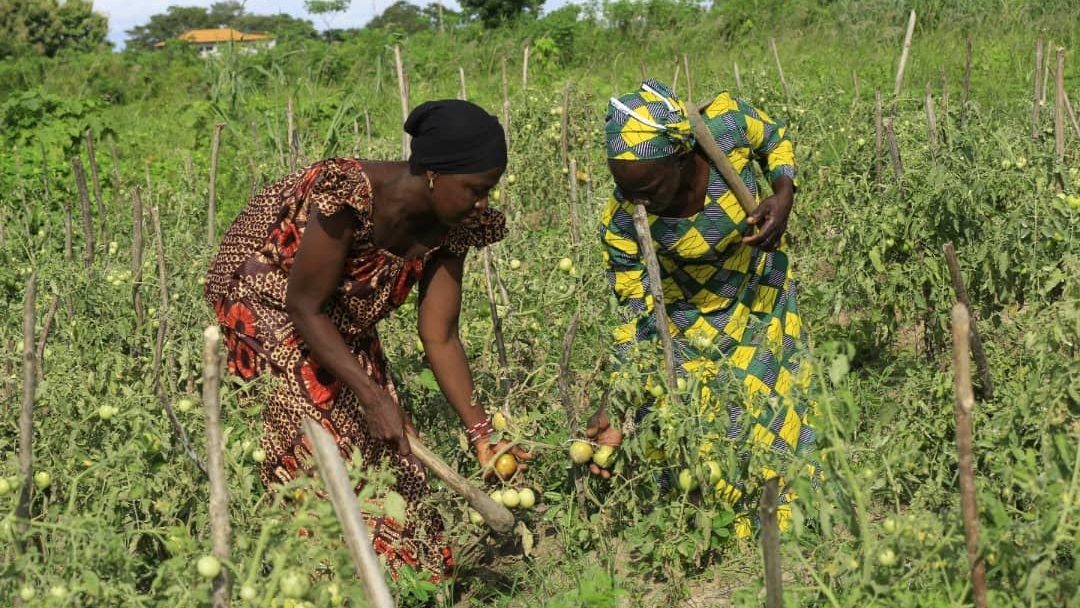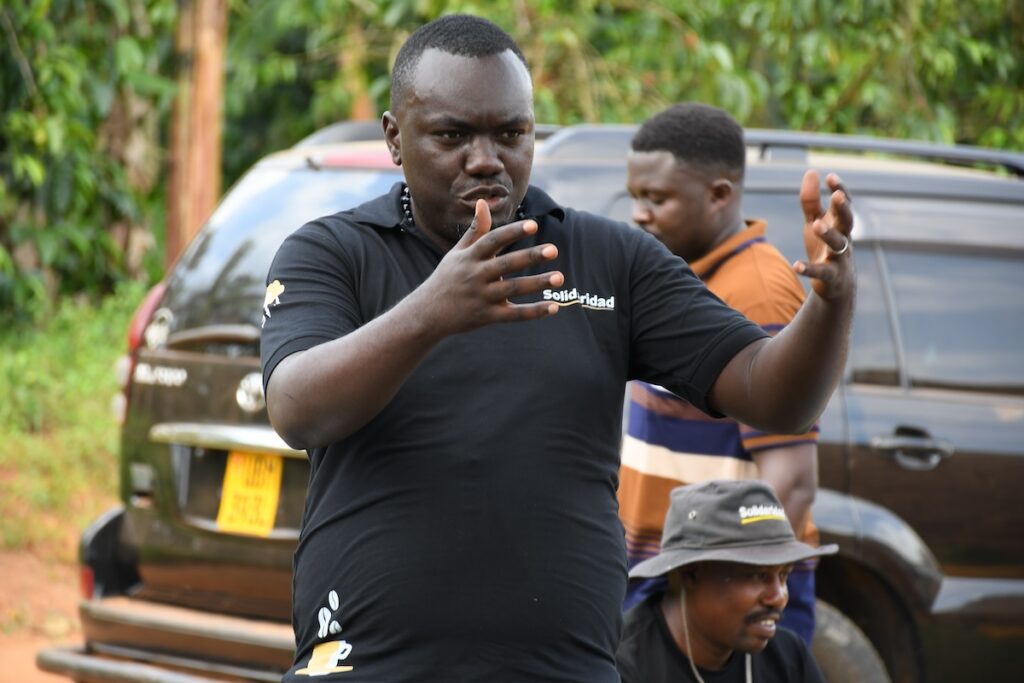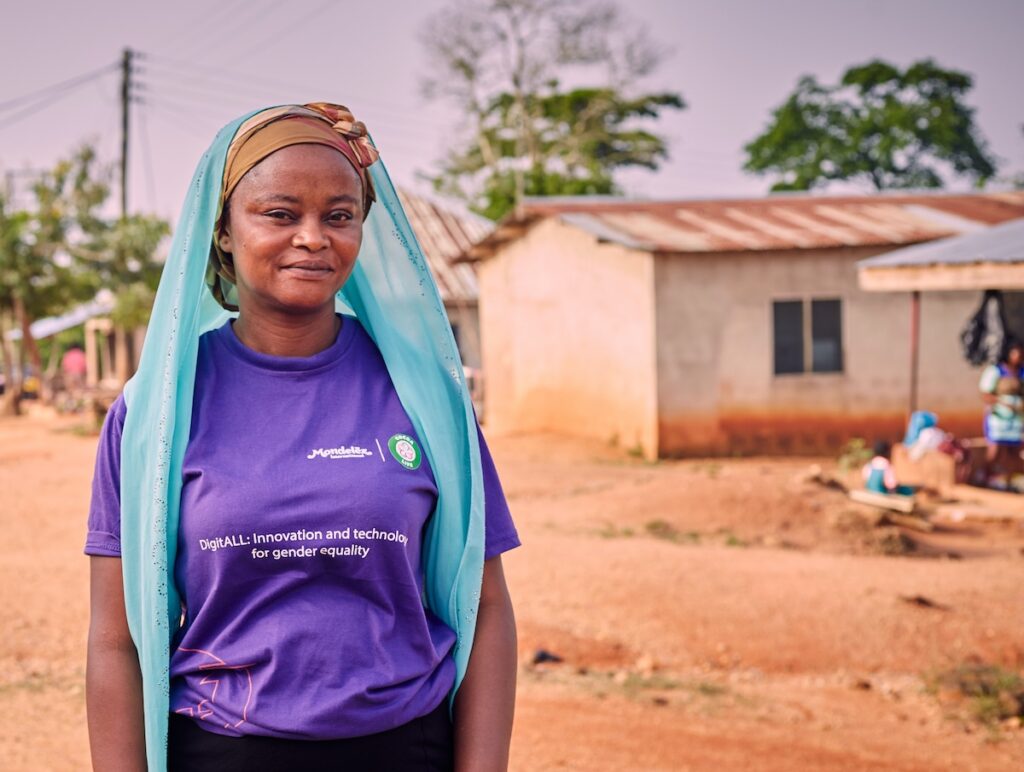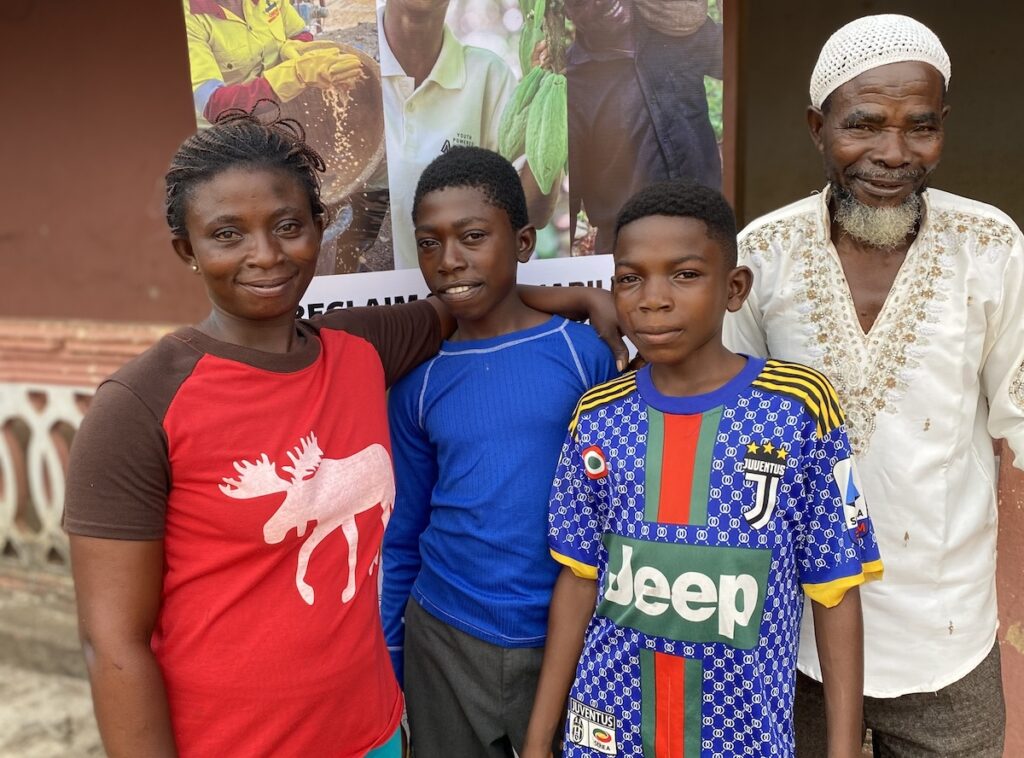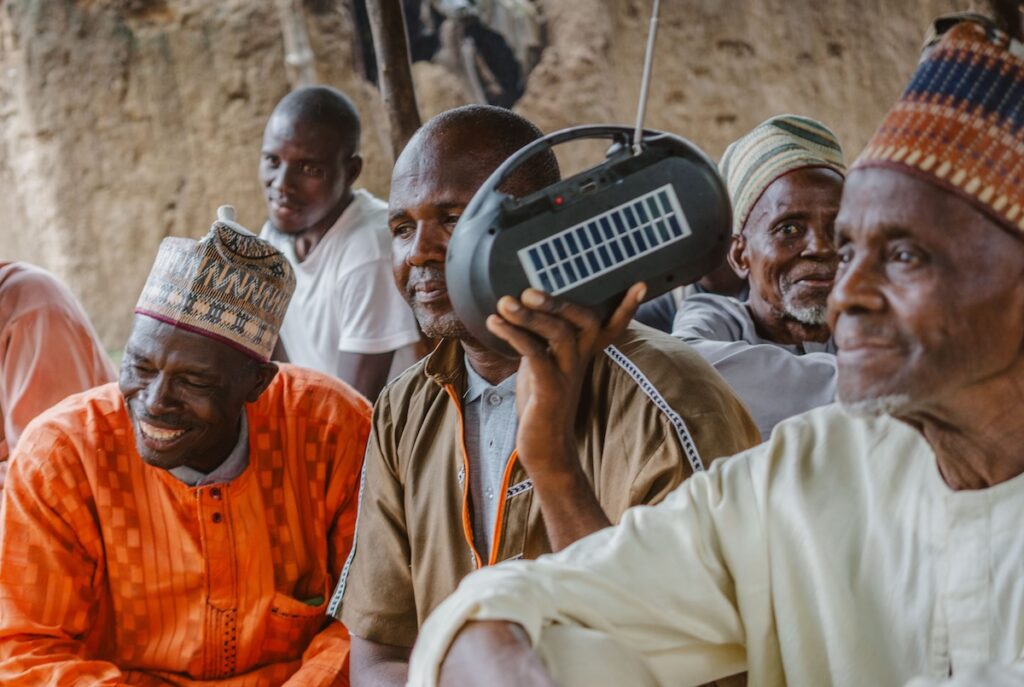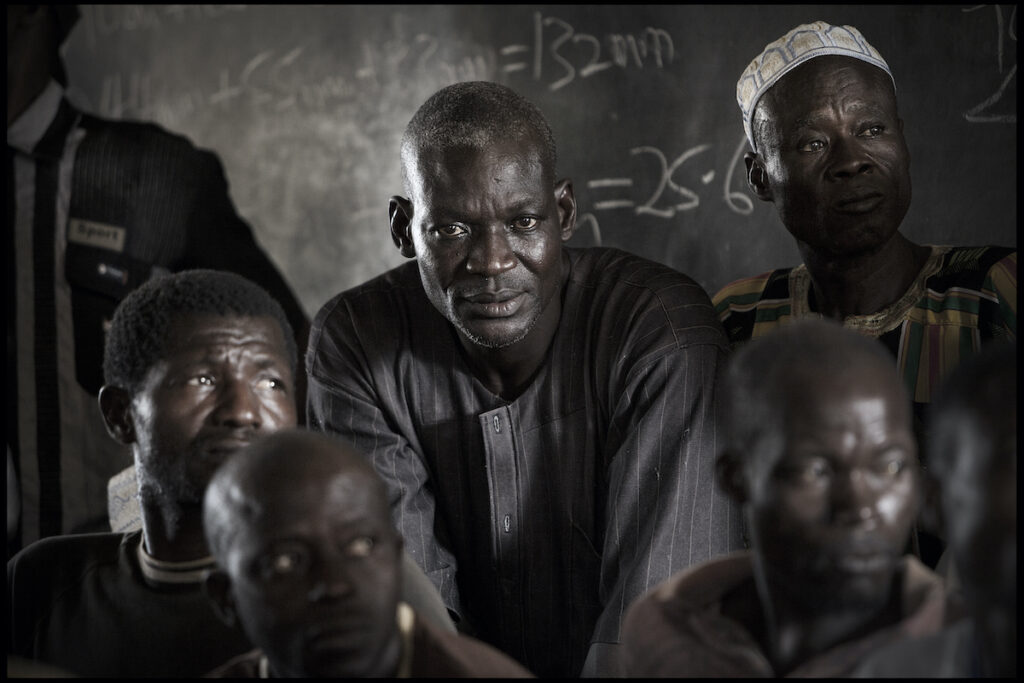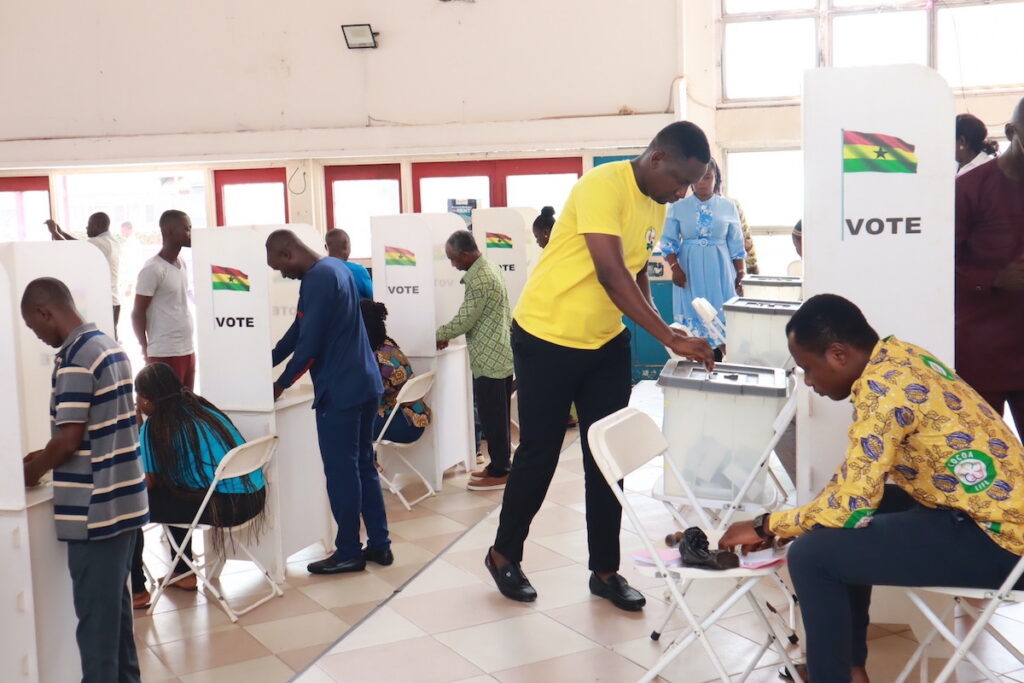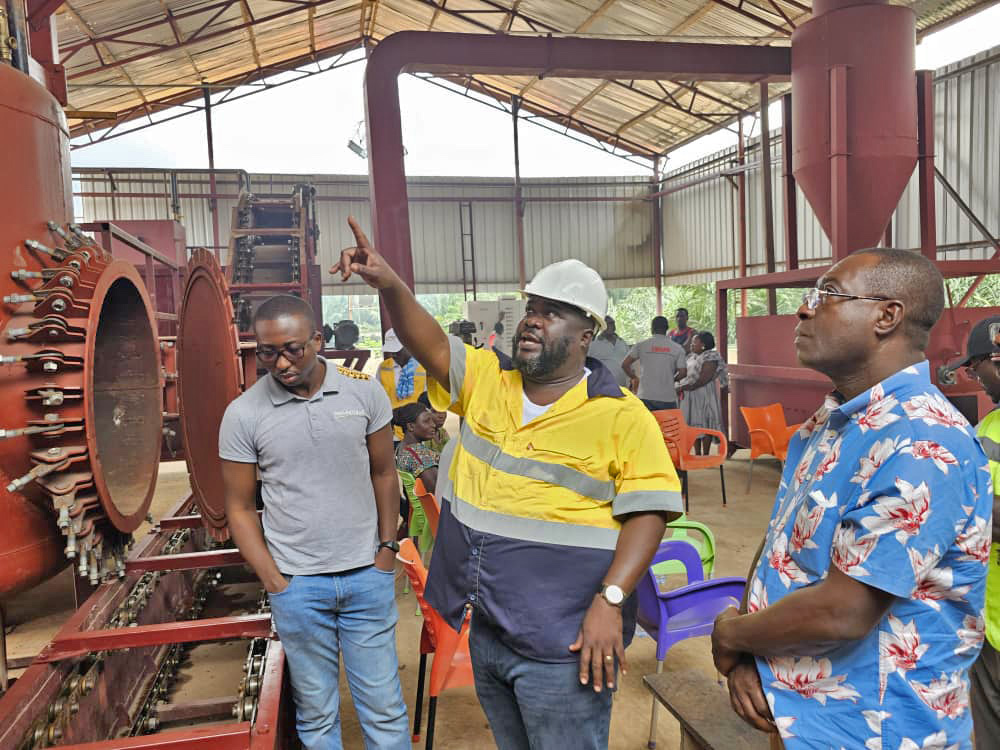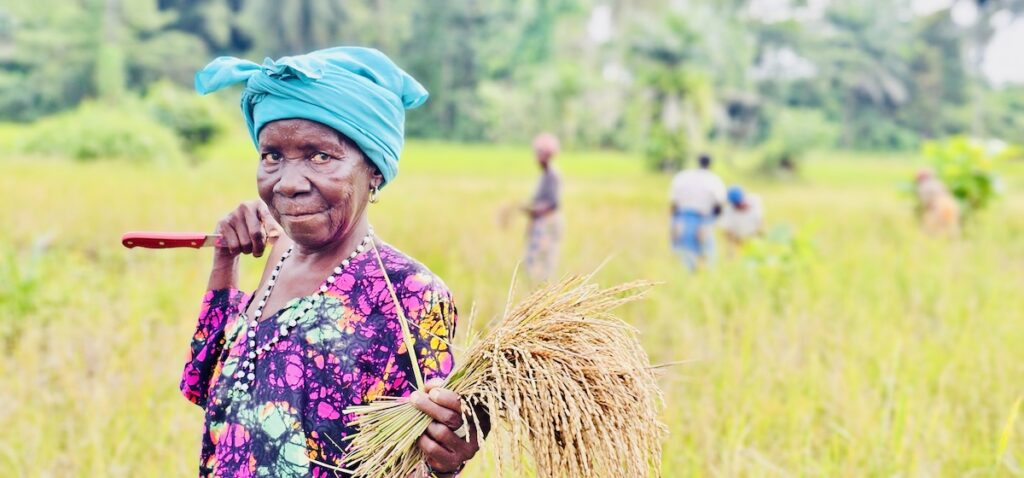The women, who produce cocoa, vegetables and other food crops, are members of the Cooperative of Women for the Production, Transformation and Commercialization of Food Crops in Maraouhe (COVIMA). They are being trained in financial literacy, diversification, good agricultural practices, nutrition and gender.
This support is provided under the project called, “Socio-economic Resilience Building of 150 Women Members of COVIMA”. The one-year project, ending September 2022, seeks to improve women’s financial inclusion through income-generating activities and saving habits. It also seeks to build their capacities in sustainable production practices, conservation, commercialization, basic nutrition and to improve their participation in decision-making processes within the community. The initiative is under the “Fund for the Empowerment of Women” by the Organisation Internationale de la Francophonie (OIF), as a response to the socio-economic impact of Covid-19 on vulnerable populations.
Addressing impacts of Covid-19 on rural women
In Divo, a cocoa-growing hub in the southern part of Cote d’Ivoire where the Cooperative operates, the impact of COVID-19 has increased the burden on the women.
The impact of the pandemic goes beyond health. Even though we are still producing and selling our farm produce, the business has been slow. The scarcity of rains has also affected the yields of our vegetable farms, making it difficult for our members to sustain themselves with meagre incomes.
Viviane N’Goran, Chairperson of COVIMA
Camara Kingoun Sauveur, cocoa programme manager at Solidaridad in Cote d’Ivoire, said the project will help the women address challenges such as inequality, lack of access to credit and issues with irrigation and transportation of produce, which have been exacerbated by the Covid-19 pandemic.
He said rural women play a pivotal role in society, household management and children’s education, and it is, therefore, paramount to build their resilience by strengthening their livelihoods and wellbeing.
Introducing VSLA to improve financial resilience
As part of the efforts to improve the women’s financial resilience, Solidaridad has introduced them to the Village Savings and Loans Association (VSLA) scheme, a community-based savings and loans group that allows members to save and access credit from their accrued contributions at an agreed interest rate. So far, five groups have been formed in five communities in Bouaflé, where the project is implemented.
The access to credit will boost their businesses and help them set up new ones to supplement their incomes.
In Pakuabo, one of the five communities, women are excited about the introduction of the project and its interventions.
Tatiana Amani, a mother of three and a member of the association in the community, is hoping to save as much as she could to access credit to support her groundnuts and maize farm. “Even though I have had unpleasant experiences with some local saving schemes, I am hopeful that the VSLA and the other interventions promised by Solidaridad will provide us with the opportunity to address some of the challenges we face in our farming business and in the community at large.”
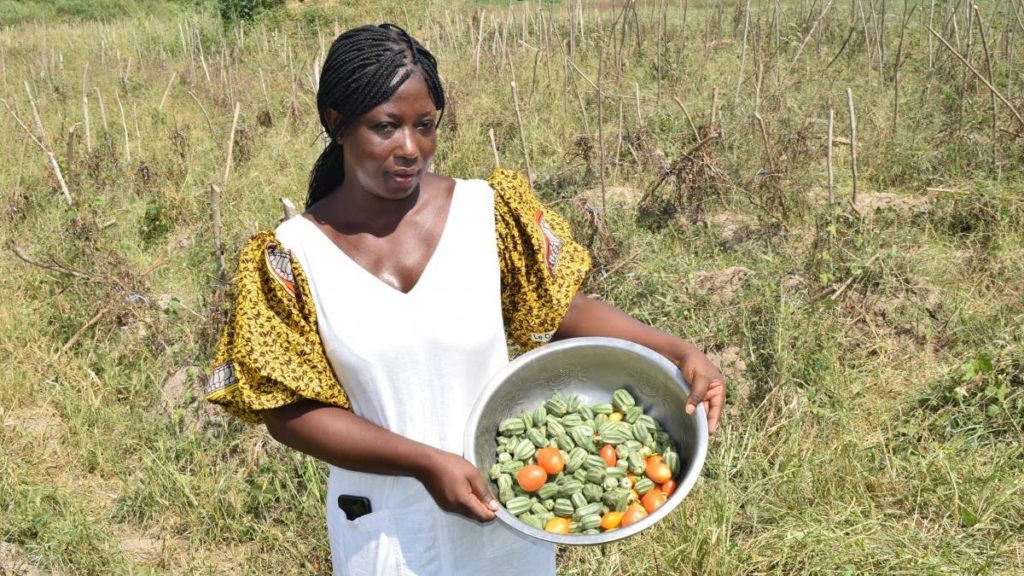
Providing farm support services
COVIMA benefits from the income diversification initiative under the second phase of the Cocoa Rehabilitation and Intensification Programme, funded by the Embassy of the Netherlands in Ghana.
The cooperative received vegetable seeds (tomato, chilli and eggplant) to expand its food crops farm.
Established in 2005, the cooperative has 2,800 members, of which 80% are women. The cooperative produces crops such as tomatoes, cabbage, okra, eggplant and peppers, among others, on 17 hectares of land.

